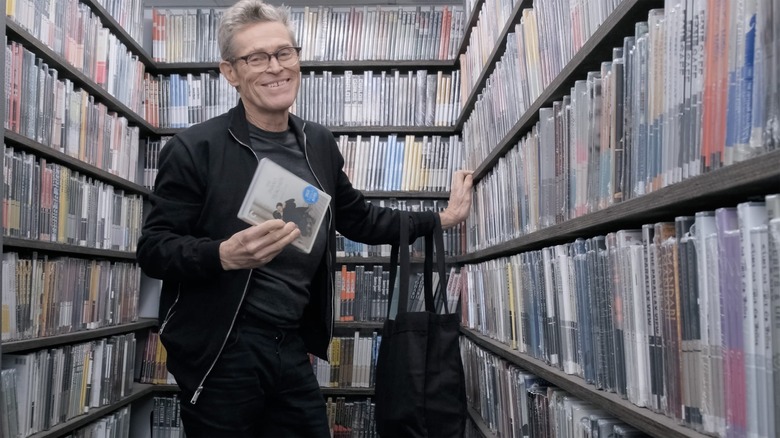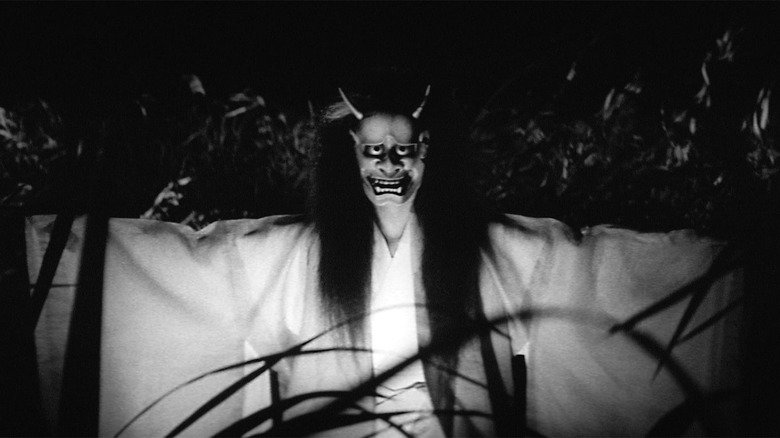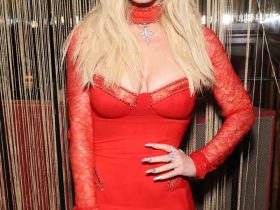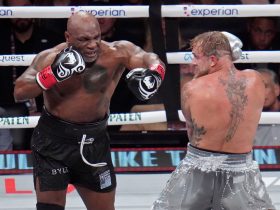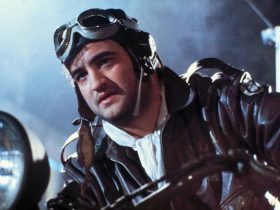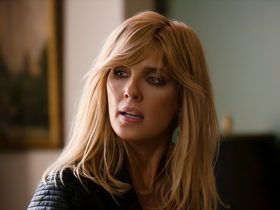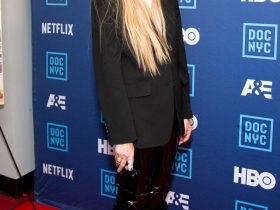We might obtain a fee on purchases constituted of hyperlinks.
Most Hollywood stars change into synonymous with the movies they star in, however on occasion, a star’s unapologetic love of one other film turns into part of their “model.” It is quite common with administrators when their types mirror their inspirations, most notably, Brian De Palma with Alfred Hitchcock. It is not as frequent with actors, nonetheless, who are sometimes cagey or diplomatic when speaking about their cinematic likes and dislikes, since you by no means know who you are going to work with (or for) on this enterprise. We all know what movies an actor like Bruce Willis loves as a result of he is been open about it in interviews, however it’s uncertain a film fan would sit down to look at Peter Bogdanovich’s “The Final Image Present” and suppose to themselves, “You recognize, Bruce Willis loves this film.”
However then there’s Willem Dafoe, who is perhaps the world’s most passionate dwelling fan of Kaneto Shindo’s “Onibaba.” Undoubtedly one of many best Japanese horror movies ever made, the once-banned in the UK “Onibaba” from 1964 is commonly translated as “Demon Hag,” and is a shocking, monochromatic erotic-horror film a few lady and her daughter-in-law who will do something to outlive whereas the lads of their group are away at struggle. It is well-known for its mesmerizing rating by Shindo’s long-term collaborator, Hikaru Hayashi, and the now iconic han’nya masks, used to “demonize the sinful feelings of jealousy and its associative feelings.”
And Willem Dafoe will discuss “Onibaba” any probability he will get. Podcasts, interviews, his Letterboxd prime 4, you identify it — if Dafoe sees a window to speak in regards to the Japanese horror movie, he is taking it. Most notably, throughout his go to to The Criterion Closet in January of 2024, Dafoe talked about that he loves “Onibaba” a lot that he even purchased the rights to the movie to remake it.
Why Willem Dafoe’s Onibaba remake by no means occurred
Whereas in The Criterion Closet, Dafoe wasted no time gushing about his fave. “My eye goes to considered one of my favourite movies instantly, and I will take it. ‘Onibaba’ — a really, very particular movie,” he stated as he pulled the title down from the shelf. “In reality, I needed to remake it, and I even bought the rights for some time, however I could not discover a technique to do it as a result of it is so particular to its time and I felt like several time I attempted to place a spin on it I ruined the supply materials, so I could not try this.”
“Onibaba” is about someplace in Japan close to Kyoto, within the mid-14th century, at first of the Nanboku-chō interval, shortly after the Battle of Minatogawa. Dafoe is true, remaking this movie and eradicating it from the context of the time interval and nation from which it’s set would dilute its energy. It is why so lots of the Americanized remakes of Asian horror movies within the 2000s following the success of “The Ring” had been colossal disappointments. The cursed videotape of “Ringu” crossed over properly to television-obsessed American audiences in “The Ring,” however when 2005’s “Darkish Water” obliterated the fragile examination of a mom/little one dynamic from 2002’s “Honogurai Mizu No Soko Kara,” the movie was a large disappointment. One thing can be misplaced if “Onibaba” was remade, and Dafoe recognizing this and selecting not to remake the movie when he may is proof that he is the very best sort of film fan on the market.
Because the 1994 VHS launch, all variations of “Onibaba” have been launched uncut, and you should purchase it from The Criterion Assortment by clicking right here.
